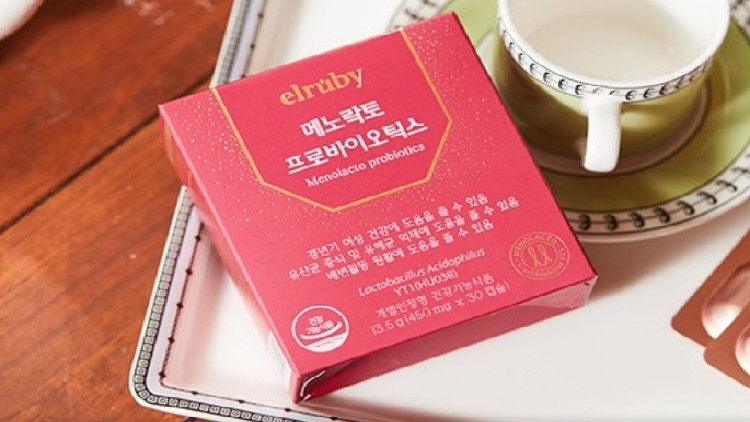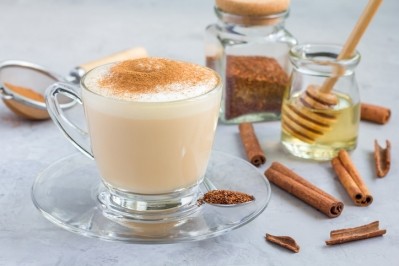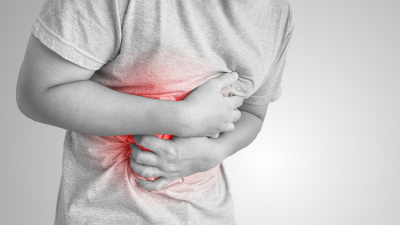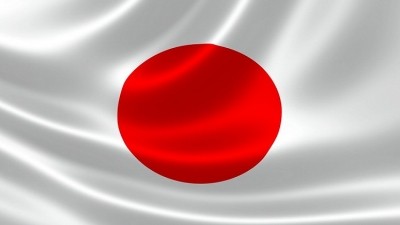Probiotics for menopause: South Korea’s Huons targets Japan’s ageing market with newly acquired patent

The probiotic, trademarked Menolacto, is a lactobacillus acidophilus YT1 strain developed by Huons and the Korea Food Research Institute. The strain was derived from the next-generation sequencing (NGS) analysis of intestinal microbiomes.
The company said that the patent was especially significant in Japan, owing to its rapidly ageing population.
Claimed as South Korea’s first and only probiotic that has been recognised to alleviate menopause symptoms in females, the company also plans to acquire patents for the probiotic in the US and Europe.
First launched in South Korea in April, the probiotic is sold in the form of capsules.
A new RCT published this month in The Journal of Clinical Medicine showed that the probiotic could alleviate menopausal symptoms such as hot flashes, fatigue, heart palpitation, and vaginal dryness.
Trial findings
A 12-week multi centre RCT evaluating the safety and effectiveness of Menolacto took place in National Cancer Centre Korea and Konkok University Hospital between June 2017 and March 2018.
A total of 67 females age 40 to 60 completed the trial.
The experiment group took a powder stick containing 100m CFU of Menolacto probiotics daily, while the control group took the placebo.
Findings showed that the intake of menolacto had improved the Kupperman Index (KMI) for the experiment group.
The KMI measures the severity and characteristics of 11 menopausal symptoms, including hot flashes, insomnia, depression, dizziness, fatigue etc.
Subjects will give a self-assessment of the symptoms based on a four-point scale. The lower the score, the less severe the symptoms.
The experiment group saw a significant drop of 66% in total KMI score by the end of the experiment, while that of the placebo dropped by 37%.
The differences in KMI between the two groups were particularly significant for symptoms such as headache, nervousness, heart palpitation, paresthesia (prickling sensation) and joint pain, where the p-values are all lower than 0.05.
Aside from KMI, the subjects also self-reported their menopause-specific quality of life (MENQOL), which measures their quality of life in psychological, physiological, vasomotor, and sexual terms.
A lower MENQOL score represents an improvement in the quality of life.
Again, the experiment group saw a significant decrease in the MENQOL score (when p-value lower than 0.05) especially in terms of vasomotor and sexual health when compared against the control group.
Limitations
A key limitation of the trial was the use of self-reporting tools such as KMI and MENQOL questionnaires, said the researchers.
Nonetheless, they pointed out that these were also toolkits that were most widely used to diagnose menopausal symptoms.
They also acknowledged that the mechanisms of the probiotics were unclear. They suggested that intestinal microbial regulation could be a pathway.
Lastly, they said that the intake of menolacto did not alter endometrial thickness and the level of estradiol (E2) – a female sex hormone.
While this means that the product could be used safely, further studies are still required to assess its long-term effects on the endometrium.
Source: The Journal of Clinical Medicine
The Effect of Lactobacillus acidophilus YT1 (MENOLACTO) on Improving Menopausal Symptoms: A Randomized, Double-Blinded, Placebo-Controlled Clinical Trial
DOI: https://doi.org/10.3390/jcm9072173
Authors: Yun Tai Kim, et al


















